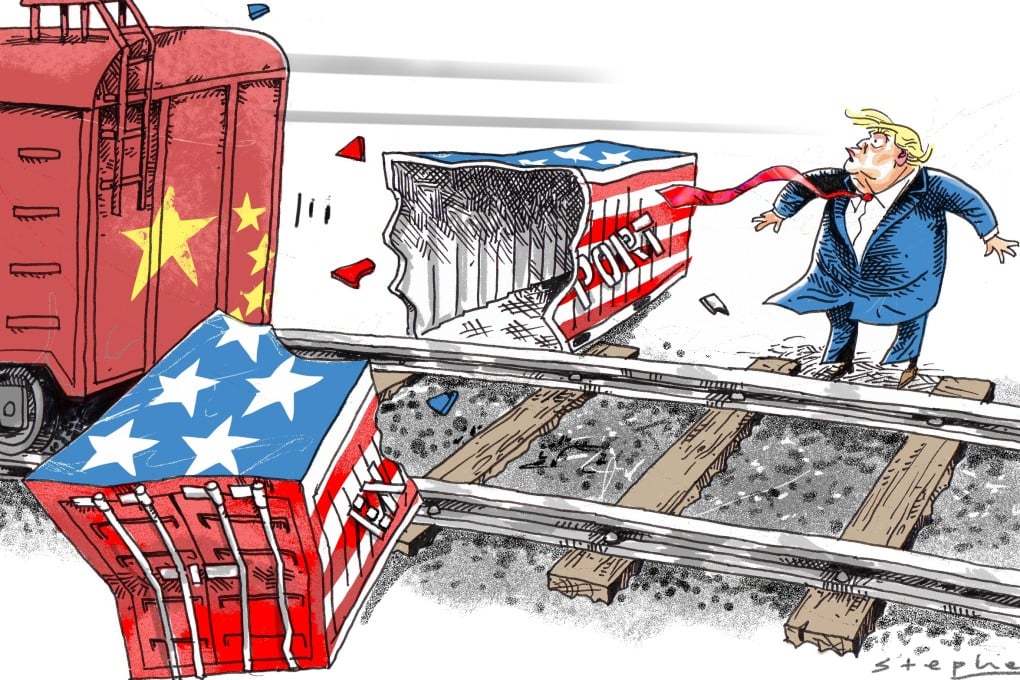Advertisement
The US trade war can’t derail China’s development – here are three reasons why
- China’s tech progress has already reached a turning point, its size grants it unusual abilities and its population is conditioned to be entrepreneurial; the trade war won’t change any of this
Reading Time:4 minutes
Why you can trust SCMP

If the US trade war aims to hold back China’s development, it may already be too late. Regardless of the outcome of tensions, China will almost certainly continue its present trajectory. Here’s why.
First, China has already reached critical mass in technological capacity. It has moved from imitator to innovator, and become a world leader in areas such as solar energy, mobile payments and high-speed rail.
In 2011, the Royal Society saw the landscape changing “dramatically” when China overtook the UK to become the second-leading producer of research publications.
Advertisement
Kai-Fu Lee, former president of Google China and an expert on artificial intelligence, believes China is rapidly becoming a global leader in AI and may surpass the United States – 5G is only one of several crucial technologies where the US has fallen behind due to policy missteps.
By deciding against a single telecommunications standard, the US fragmented its telecoms industry and has no 5G contender today. The fastest supercomputer, the largest radio telescope and the first landing on the dark side of the moon are other feathers in the Chinese cap.
Advertisement
Advertisement
Select Voice
Select Speed
1.00x
